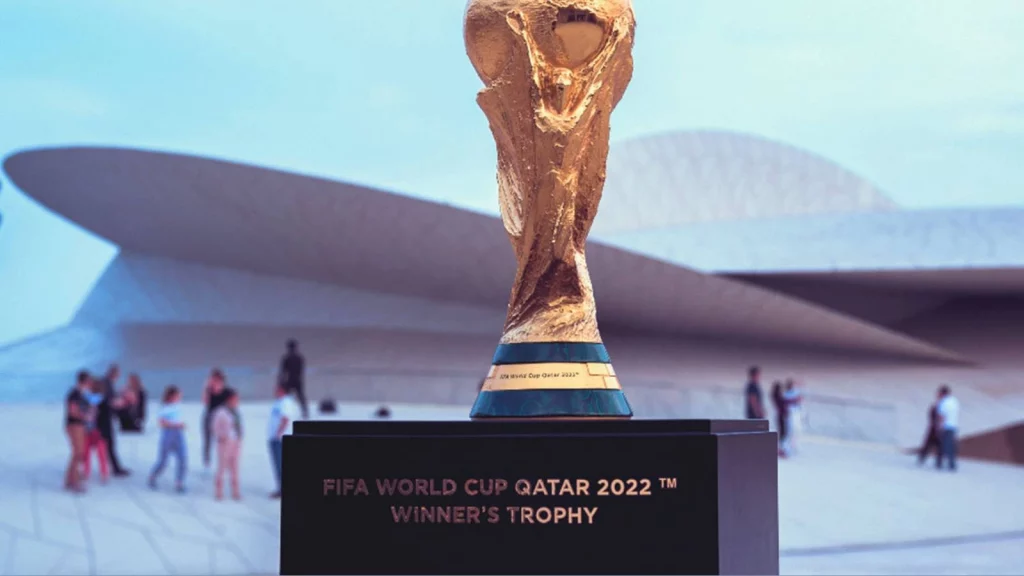The World Cup schedule has been shifted a day earlier pushing the opening game back to Sunday, November 20.
The switch will allow for the host nation to play the opening game.
The Group A match between Senegal vs the Netherlands and the Group B match between England and Iran were scheduled to take place before the opening ceremony before the Qatar vs Ecuador match.
The third match of the competition, which would have been the opening game for Group A, was scheduled for Monday, November 21, at 16:00 GMT.
Senegal and the Netherlands were scheduled to play in the tournament’s first game on Monday.
However, a suggestion to shift the Qatar game to be the opener has been made by Fifa’s administrative branch.
Following a request from Conmebol, the South American confederation, it was discussed with Ecuador and rival Qatar.
It is consistent with the custom of having either the hosts or the holders play in the first game.
The Bureau of the Fifa council, which is made up of the six presidents of the confederations and Fifa president Gianni Infantino, will make the final decision.
Fifa earlier revealed that semi-automated offside technology will be used in the World Cup in Qatar this winter.
Qatar 2022 will be the first FIFA men’s World Cup to use semi-automated offside technology in an effort to improve the speed and accuracy of decisions.

Semi-automated offside technology will be used during the World Cup in Qatar, and spectators will view the final decision image.
Subscribe to our YouTube channel and catch your favorite Switch TV shows
Officials anticipate a reduction in decision-making time of up to 70%, although the referee and his assistants will still make the final determination.
According to Fifa, the technology will reduce the average amount of time needed to make an offside judgement from 70 seconds to 20 to 25 seconds.
Most likely at the next play break following the event, Fifa plans to present stadium fans and viewers at home with a 3D illustration of the decision when it has been decided.
The new system should have a similar tolerance for error to goal-line technology, according to Pierluigi Collina, chairman of the world governing body’s referees’ committee.
















